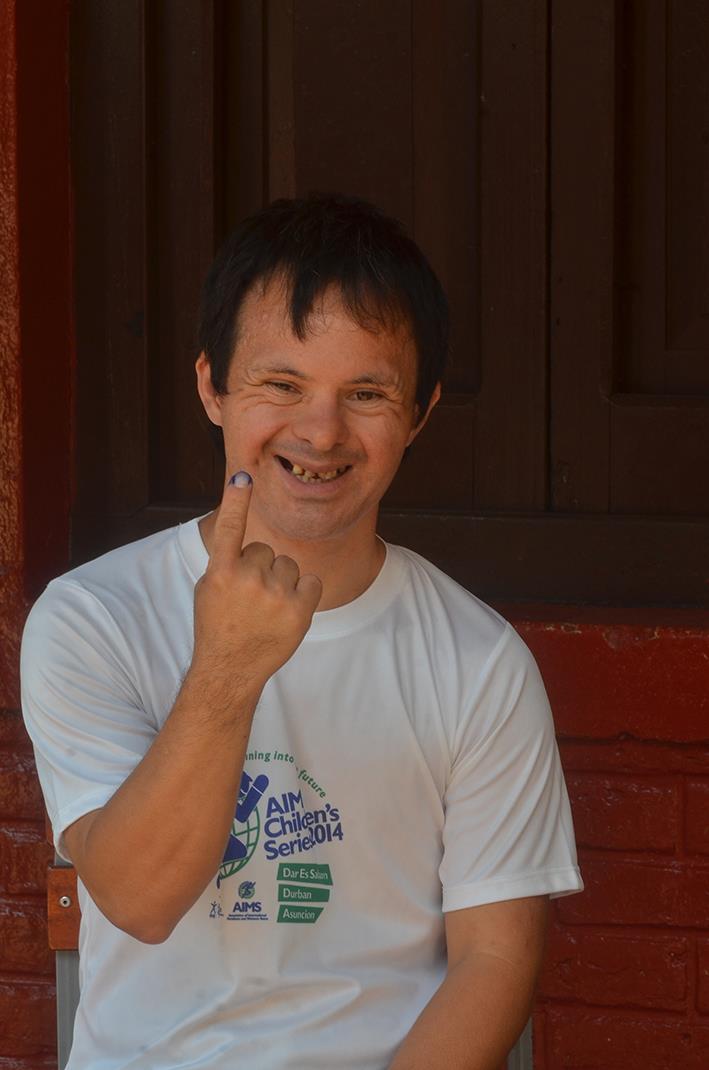Increasing Voter Accessibility in Paraguay
- Organization
- USAID - United States Agency for International Development, Bureau for Policy, Planning, and Learning
- Country of Implementation
- Paraguay
- Region
- Latin America & Caribbean
- Subregion
- South America
- Start Year
- 2015
- First published
- 31.01.2019
Solution details
“The strength of democracy is expressed through citizen participation. I believe in democracy, and I believe in accessible elections for all.” Mario Marecos, a 2018 candidate for the House of Representatives and a person with a disability
Problems Targeted
In Paraguay there is a low level of electoral participation of people with disabilities, mainly due to a lack of a regulatory framework, policies, and procedures to support accessibility measures.
Solution, Innovation and Impact
Ahead of the 2015 municipal elections in Paraguay, USAID and Fundación Saraki reviewed the legal framework around accessibility in elections and made a list of recommendations to the national Electoral Tribunal. Based on these recommendations, the Electoral Tribunal endorsed a number of regulations to increase accessibility, such as providing absentee ballots for the first time and making information about voting available in sign language and Braille. Election staff and volunteers were trained on the new regulations, awareness-raising messages were run on national media, and political parties were encouraged to address the needs of persons with disabilities in their campaigns. A guide for promoting inclusive municipalities was also developed. Notably, the new framework also empowered the first person with a severe physical disability to run for the House of Representatives in the 2018 national election. As of 2018, around 9,300 people with disabilities had benefitted from the new regulations, and 1,069 had attended forums and workshops on electoral participation.
Funding, Outlook and Transferability
The policy review was primarily funded by USAID in 2015 and 2016, with funding for 2017 and 2018 coming from the National Endowment for Democracy – a U.S. based non-profit foundation supporting the strengthening of democratic institutions around the world. Private companies have also provided non-financial support, such as broadcasters donating air time for communication campaigns. The project has the potential to be replicated in future elections and could readily be adapted in other countries. USAID has already shared the strategies, actions, lessons learned, and good practices acquired in Paraguay through its national and international networks. The methodology could also be used to improve access to elections for other vulnerable population groups.
Media
Related information
- Connections
- 1
-
Organization
